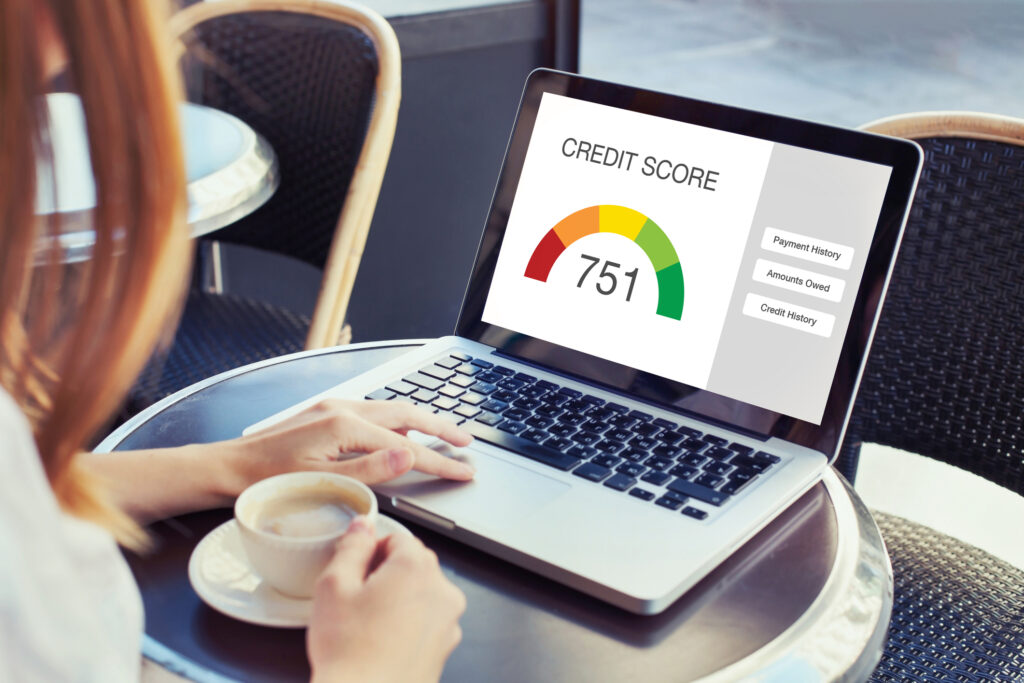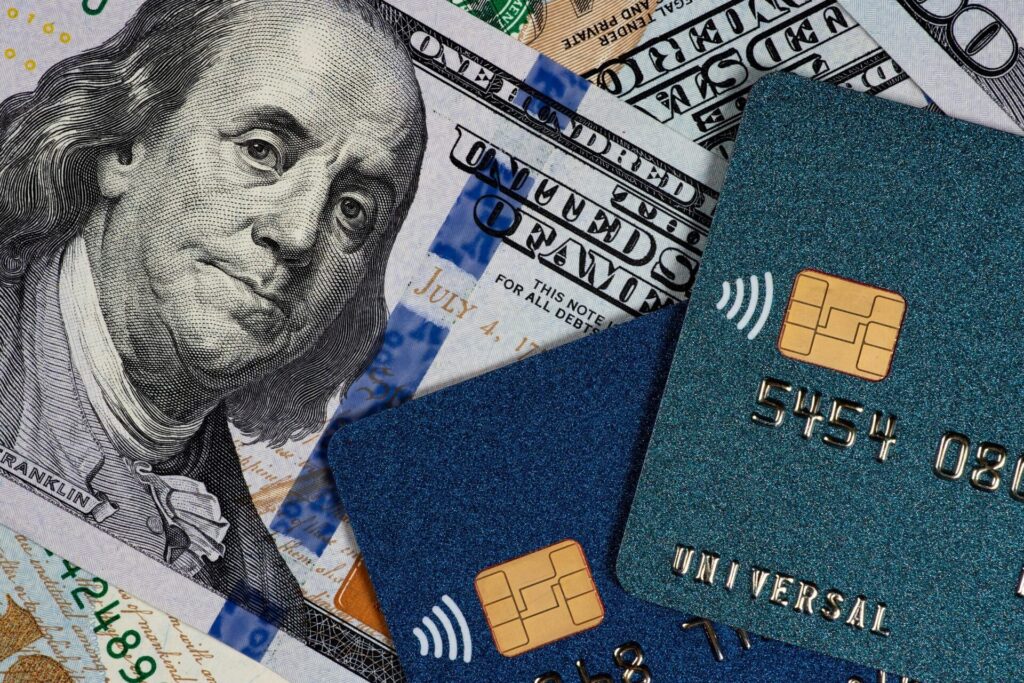Have you ever checked out your Equifax credit score? You might have wondered how it’s calculated, and how it’s different from the other credit reporting bureaus. We’ll explain all of that here, but first let’s start with a little background on credit scores.
As you know, credit scores influence a lot of important things in our lives, including our ability to secure loans, credit cards, or good interest rates. These scores are based on financial information collected and reported by the three major credit bureaus: Experian, TransUnions, and, you guessed it… Equifax. Each bureau collects similar data,but there can be slight variations in the information each one reports, leading to differences in credit scores.
How’s your Equifax credit score calculated?
Equifax, like other credit bureaus, calculates credit scores using its own scoring model, known as the Equifax Credit Score. Exactly how much each element is weighted is kept under wraps, but here are the factors that go into calculating your Equifax Credit Score:
1. Payment history
Your payment history is a crucial factor in credit scoring. It assesses whether you’ve made payments on time, had any late or missed payments, or experienced defaults or bankruptcies. Consistently paying your bills on time can positively impact your Equifax credit score. If you want to build more positive payment history, check out Brigit’s Credit Builder*.
2. Credit utilization
This factor measures the amount of credit you’re using compared to your available credit limits. Keeping your credit utilization ratio low demonstrates responsible credit management and can help improve your Equifax credit score.
3. Length of credit history
The length of time you’ve had credit accounts impacts your score. A longer credit history with a positive payment record indicates a greater level of creditworthiness.
4. Credit mix
Having a diverse mix of credit types, such as credit cards, loans, and mortgages, can contribute positively to your Equifax credit score. It shows that you can manage different types of credit responsibly.
5. New credit
Opening multiple new credit accounts within a short period may be seen as a higher risk. This factor considers the number of new accounts you’ve opened recently, as well as the number of hard inquiries made on your credit report.
It’s important to note that credit scoring models can vary, and Equifax may weigh these factors differently or incorporate additional factors into their scoring algorithm. It’s always a good idea to regularly check your Equifax credit score—monthly is recommended—and review your credit report for accuracy to understand how your financial behavior is impacting your creditworthiness.
Your Equifax credit score is updated once a month, and currently you can access it weekly for free—until the end of 2023—by using AnnualCreditReport.com. After that, you’ll be able to check it on the same site once a year at no charge.
If you want to be able to check your Equifax score more often than annually in the future, you can subscribe to a credit monitoring service. Also check to see if your bank or any lenders you have loans through offer free credit score updates with your account, as many of them provide that for their customers.
*Impact to score may vary. Some users’ scores may not improve. Results will depend on many factors, including on-time payment history, the status of non-Brigit accounts, and financial history. Results show that customers with a starting credit score of 600 or below were more likely to see positive score change results. A Brigit subscription is required.
Banking services provided by Coastal Community Bank, Member FDIC.










